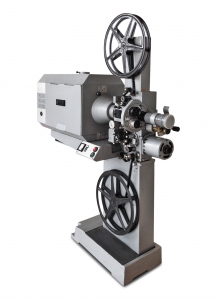As it turns out, Colorado really was just the beginning. As of January 1, 2018, Washington will begin requiring remote sellers to either remit sales and use tax or comply with reporting and notice requirements similar to those in Direct Mktg. Ass’n v. Brohl (DMA IV), 814 F.3d 1129 (10th Cir. 2016). Who is subjected to this burden in the land of Nirvana and the Space Needle? Remote sellers with gross receipts in the current or preceding year of at least $10,000 are, which makes Washington state another to skirt around Quill, the SCOTUS case that requires actual, physical presence for a state to have nexus with a taxpayer, with a reporting requirement.
But the legislative change goes further. Not only are retailers who make income from sales within the state required to follow this, but referrers who receive income from referral services within the state are subject to it as well if the total gross income from that is at least $267,000.
With 33 states facing revenue shortfalls in fiscal years 2017 and 2018, there is no doubt a need to increase taxes. However, states can go about this in a wide variety of legal ways. They can expand the tax base by taxing services or currently nontaxable technology. They can even increase the tax rate if they want to. Instead, Washington is imposing these reporting requirements to reach companies with whom they fail to meet the nexus standard to impose collecting and remitting requirements. This overreaching of the states will likely be challenged. The question is: by whom?
 Multi-State Tax Law Blog
Multi-State Tax Law Blog


 Cloud computing is a service that allows users or members of a business to access software from a remote server. It allows businesses to access the same integrated software without the expensive hardware costs because the software is internet based rather than physically based in an office.
Cloud computing is a service that allows users or members of a business to access software from a remote server. It allows businesses to access the same integrated software without the expensive hardware costs because the software is internet based rather than physically based in an office. 
